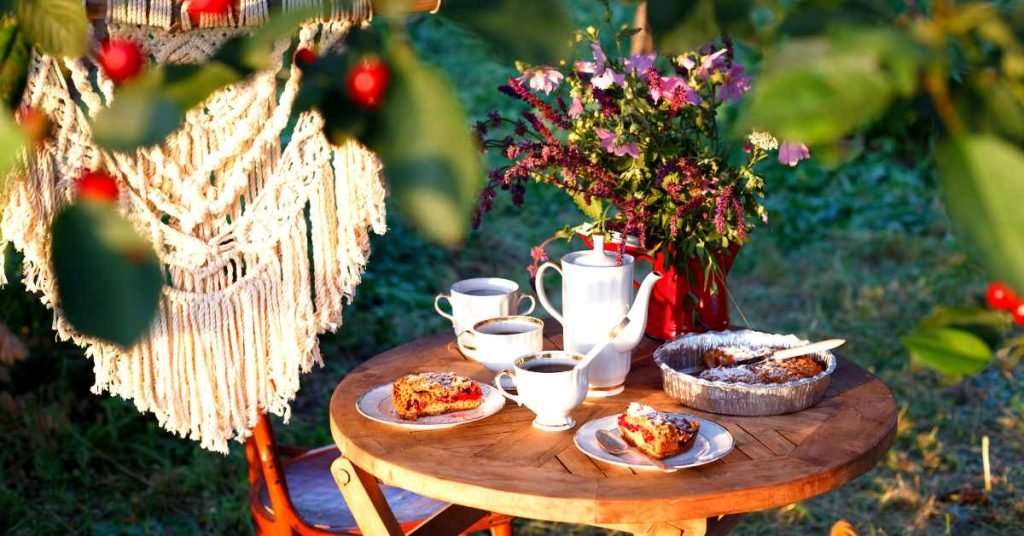Irish people drink 4.83 lb of tea per capita per year.
Believe it or not, tea in Ireland is enjoyed even more than drinking alcohol between friends and family.
The History of Irish Tea
Irish people drink four-six cups of tea per day which makes them notorious tea consumers holding a high position on the global tea drinking list.
The tea culture in Ireland spread from England in the early 1900s.
They were getting low-quality tea, so they needed to add milk to eat to fix the taste. Sometimes even one-third of the cup was filled with milk.
Later on, they decided to cut the middlemen and started importing Assam tea from India on their own.
With time, the Irish discovered the Ceylon tea from Sri Lanka that later turned into the famous Irish Breakfast tea.
The rainy and cold weather of Ireland throughout most of the year requires many cups of warm comforting tea during the day.
Irish Tea Tradition
Irish prepare their tea in a teapot, although it’s most common to pour hot water in separate mugs.
They usually use one teabag per mug or a tablespoon of loose-leaf tea per mug.
The steeping time depends on the tea. Most people in Ireland add milk to their cups, but this also depends on the taste of the individual.
Every household must have tea at any time. Running out of tea can literally cause a minor crisis.
When invited to someone’s house in Ireland, you will immediately be offered a tea and they won’t take NO for an answer.
You must never make a tea only for yourself, but always ask the people around you if you want to be polite and live by the Irish cultural norms.
Irish Tea Brings People Together
Irish tea is much more than a non-alcoholic beverage to keep you warm on a rainy day. It’s a symbol of friendship, sharing, and relaxation.
For a proper Irish tea time experience, you should also purchase some delicious scones or a dessert of your choice.
Surprise a loved one with an extraordinary Irish Breakfast tea to warm up their rainy days.
MEDICAL DISCLAIMER
Itsnevernotteatime.com cannot and does not contain medical/health advice. The medical/health information is provided for general and educational purposes only and is not a substitute for professional advice.




